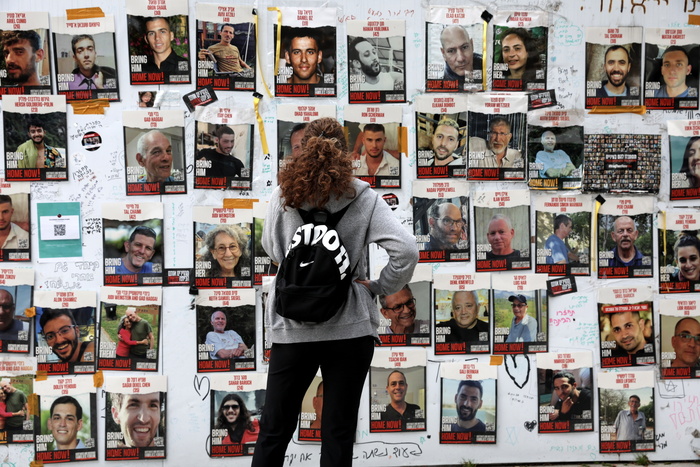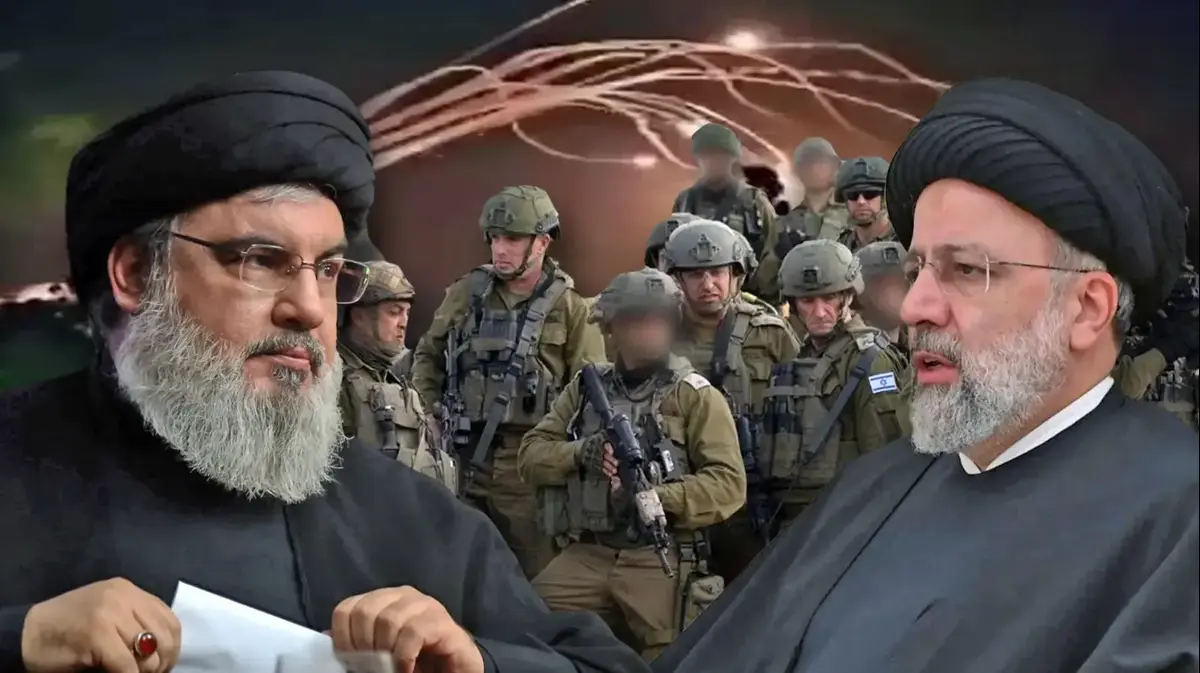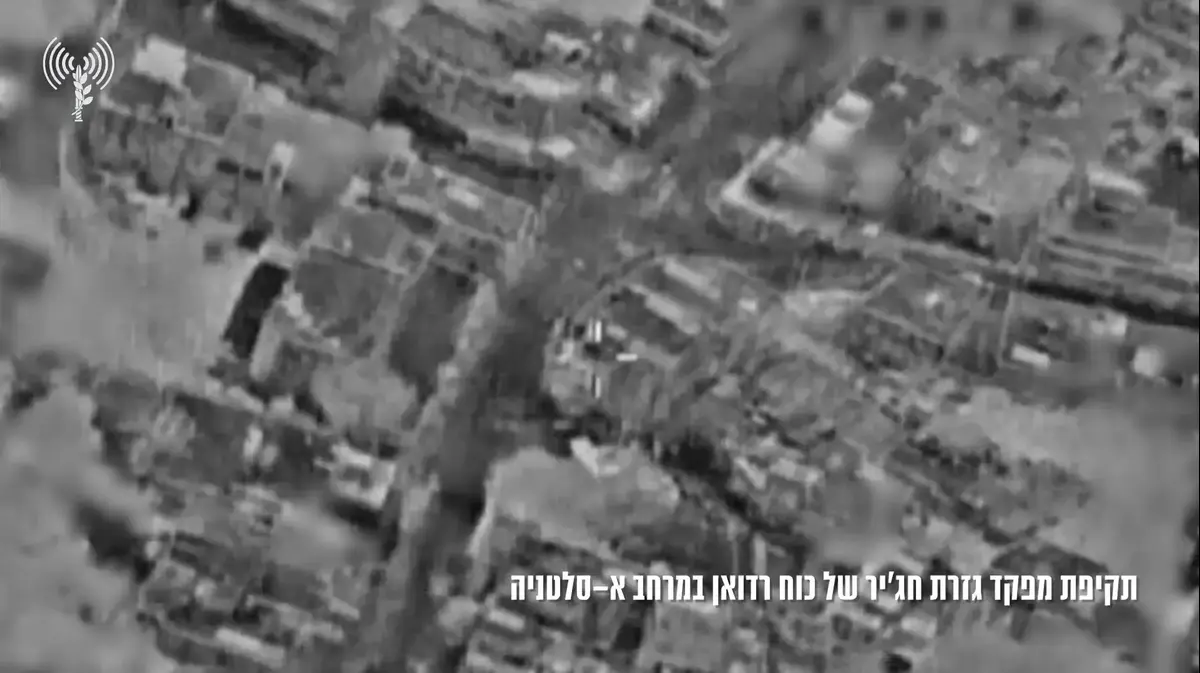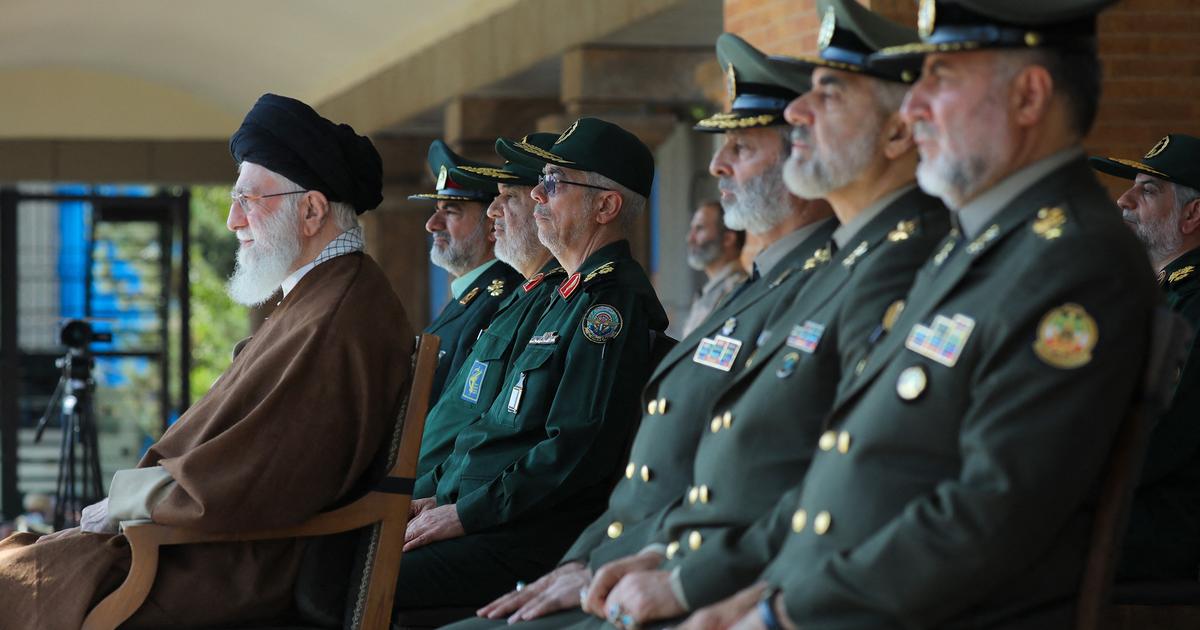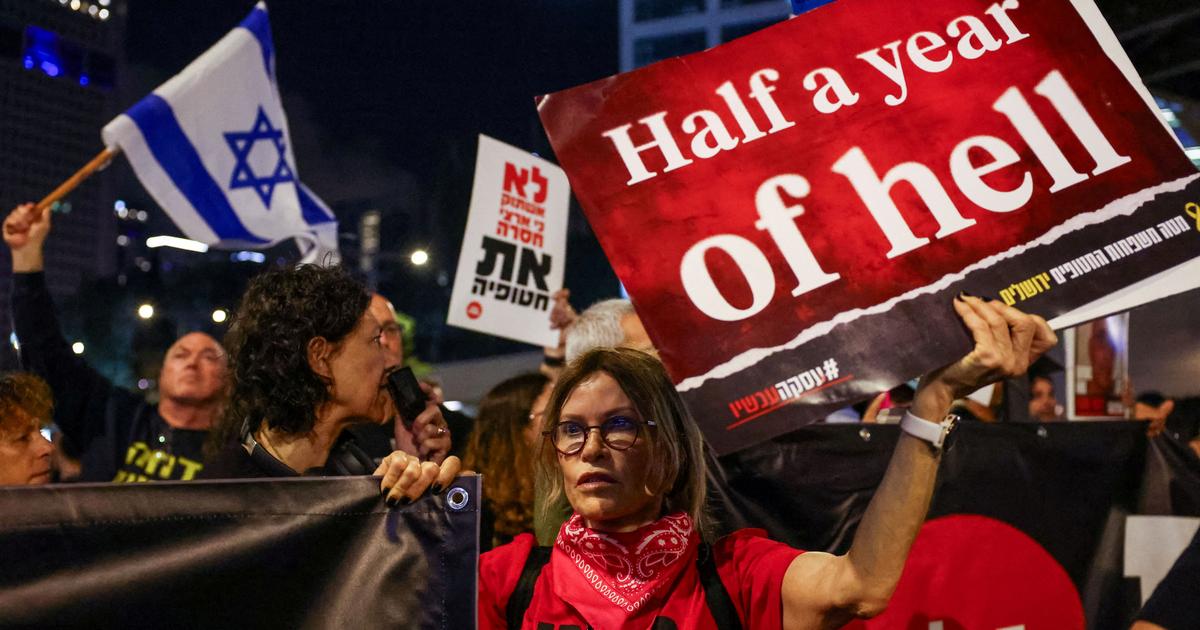Hezbollah loses majority - Lebanon faces troubled times
Created: 05/17/2022, 2:30 p.m
The Lebanese have elected a new parliament amid the worst economic and financial crisis in their country's history.
© Marwan Naamani/dpa
Lebanon is suffering from a severe economic and financial crisis.
Hezbollah and its partners feel the resentment.
Iran's ally could now rely on a tried and tested method.
Beirut - After the losses of the Shiite Hezbollah and its allies in the parliamentary elections, the already crisis-ridden Lebanon is facing turbulent times.
The bloc around the "Party of God", allied with Iran, lost its majority in the House of Representatives after Tuesday's preliminary result.
Representatives of the protest movement, on the other hand, were able to win an unexpected number of seats.
Other Hezbollah opponents also increased.
Forming a government will be difficult.
Observers warn that Hezbollah could continue to threaten violence to achieve its goals.
The Shia party and its allies won around 62 out of 128 MPs in Sunday's vote - four years ago there were 71 seats.
Representatives of the opposition protest movement, on the other hand, won 13 seats.
Their goal is to break the power monopoly of the parties that have ruled the Mediterranean country for decades.
Displeasure due to severe economic and financial crisis
The establishment includes not only Hezbollah and its partners, but also their long-established opponents.
All together must be accused of exploiting Lebanon.
Critics speak of a "corrupt government mafia".
Dissatisfaction has grown after the country slipped into the worst economic and financial crisis in its history in 2019.
At that time there were also mass protests, from which emerged the protest lists that were successful in the elections.
According to the UN, around three quarters of the country's people now live below the poverty line.
In everyday life, they struggle with insufficient supplies.
Electricity is only available for a few hours a day.
The currency has lost more than 90 percent of its value.
The country can no longer repay debts.
Potential donors like the International Monetary Fund (IMF) are ready to help, but are demanding reforms.
The government has so far failed to do this.
Hezbollah, which is closely allied with Iran, is considered the most influential political force in a country with a generally weak state.
Her power is based, among other things, on her own militia, with which she controls entire areas, including the region bordering her arch-enemy Israel.
In the election, Hezbollah itself was able to roughly hold its seats.
However, several of their partners lost mandates, even in Shiite strongholds.
Analyst: Probably no "drastic changes"
The result was a "setback" for Hezbollah, said Lebanese analyst Sami Nader.
However, he does not expect “dramatic changes”.
Hezbollah and its allies could continue to block decisions and work for an "Iranian agenda".
On the other hand, the party of the former Christian militia commander Samir Geagea, one of the harshest critics of Hezbollah, was able to gain ground.
It now claims to be the strongest Christian force in the multi-denominational country.
Lebanon's political system is characterized by a fragile balance between the denominations.
The head of state is always a Christian, the head of government a Sunni and the speaker of the parliament a Shia.
Other important positions are also assigned according to denominational proportional representation.
more on the subject
Lebanese elect parliament in deep crisis
Women against the "government mafia" in Lebanon
Causa Lewandowski: Hainer insists on a contract
Election observers complained about irregularities in the voting.
The EU delegation reported on a widespread practice of vote-buying.
Voting secrecy was not always maintained.
It was the first parliamentary election since the explosion in the port of Beirut in August 2020. More than 190 people died and around 6,000 were injured.
The detonation destroyed large parts of the port and surrounding residential areas.
dpa



